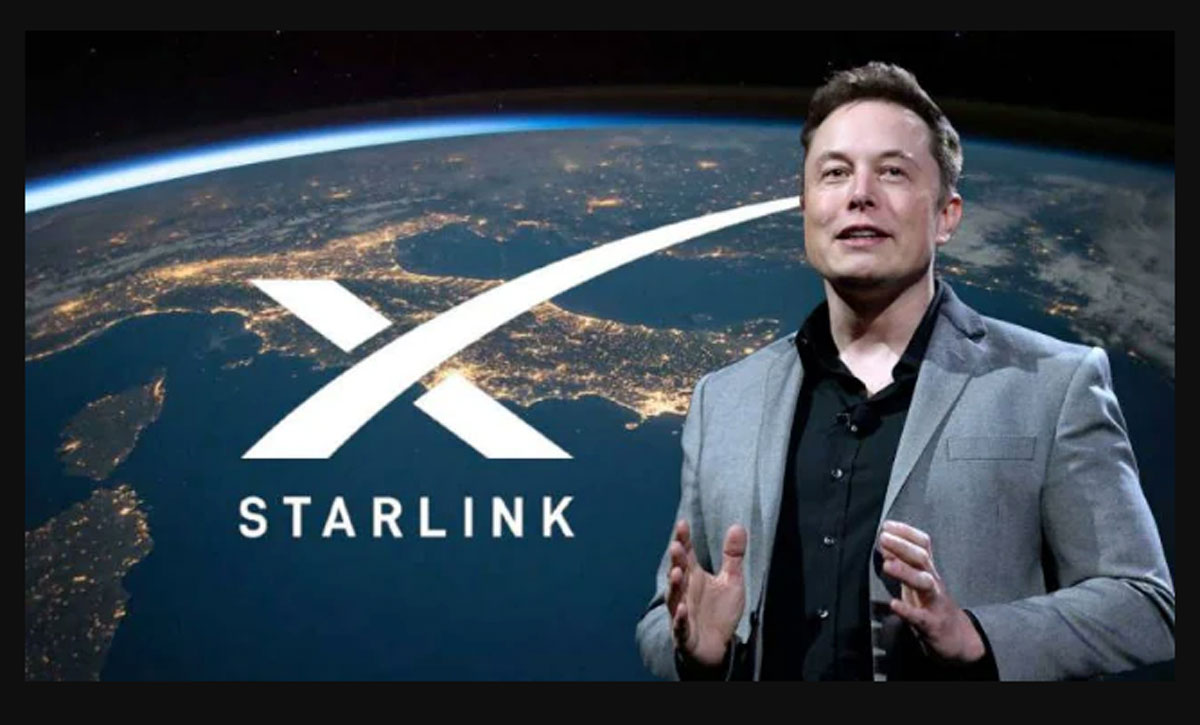OpenAI IPO: What It Means for the AI Industry
The Significance of an OpenAI IPO
An OpenAI initial public offering (IPO) would mark a watershed moment for the artificial intelligence (AI) industry. As one of the most influential AI research organizations, OpenAI’s transition to a publicly traded company could reshape investment trends, competitive dynamics, and technological innovation in AI.
Why an OpenAI IPO Matters
OpenAI has been at the forefront of AI advancements, developing groundbreaking models like GPT-4, DALL·E, and ChatGPT. A public offering would provide unprecedented financial resources, enabling OpenAI to scale research, expand infrastructure, and accelerate AI deployment across industries.
For investors, an OpenAI IPO represents a rare opportunity to gain direct exposure to a leading AI company. Unlike many startups that remain private for years, OpenAI’s public debut could set a benchmark for AI valuations and market expectations.
Potential Impact on the AI Industry
1. Accelerated AI Research & Development
Going public would give OpenAI access to substantial capital, allowing it to:
- Expand computing power – Training advanced AI models requires massive GPU clusters. Public funding could help OpenAI invest in next-generation hardware.
- Attract top talent – Competitive salaries and stock options would help OpenAI retain and recruit leading AI researchers.
- Pursue long-term projects – Public markets could fund moonshot initiatives like artificial general intelligence (AGI).
2. Increased Competition Among AI Giants
An OpenAI IPO would intensify competition between major AI players:
- Google (DeepMind, Gemini) – Google has heavily invested in AI but may face pressure to innovate faster if OpenAI goes public.
- Microsoft (Azure AI, Copilot) – Microsoft is OpenAI’s largest investor. A public OpenAI could alter their partnership dynamics.
- Meta (LLaMA, AI Research) – Meta has open-sourced its AI models but may need to accelerate commercialization efforts.
- Anthropic, Cohere, and Other Startups – Smaller AI firms might struggle to compete with OpenAI’s financial backing.
3. Regulatory and Ethical Considerations
A publicly traded OpenAI would face heightened scrutiny on:
- AI safety and alignment – Investors may demand faster commercialization, potentially conflicting with OpenAI’s mission of “safe and beneficial” AI.
- Transparency – Public companies must disclose financials, partnerships, and risks, which could expose OpenAI’s strategic moves.
- Government oversight – Regulators like the FTC and EU may impose stricter rules on AI deployments.
Challenges OpenAI Could Face Post-IPO
1. Balancing Profitability and Mission
OpenAI was founded as a non-profit with a mission to ensure AI benefits humanity. A public listing could pressure the company to prioritize shareholder returns over ethical AI development.
2. Market Volatility and Investor Expectations
AI stocks can be highly volatile (e.g., Nvidia’s fluctuations). OpenAI’s valuation may swing based on:
- Revenue growth – Monetization of ChatGPT Enterprise, API usage, and other products.
- Technological breakthroughs – Success or failure in developing AGI.
- Regulatory hurdles – Government restrictions on AI deployments.
3. Intellectual Property and Open-Source Tensions
Historically, OpenAI has shifted from open-source models (GPT-2) to closed, proprietary systems (GPT-4). Public investors may push for stricter IP controls, reducing AI accessibility.
How an OpenAI IPO Could Reshape AI Investments
1. Surge in AI-Focused Venture Capital
A successful OpenAI IPO could trigger a wave of AI startup funding, as investors seek “the next OpenAI.” Areas likely to benefit include:
- Generative AI applications (text, image, video generation)
- AI infrastructure (cloud AI, model training platforms)
- AI ethics and safety startups
2. New Benchmark for AI Valuations
OpenAI’s IPO could set valuation precedents for AI firms, influencing:
- Private funding rounds – Startups may demand higher valuations based on OpenAI’s performance.
- M&A activity – Big Tech may acquire AI firms pre-IPO to avoid competition.
3. Broader Public Awareness of AI
A high-profile IPO would bring AI into mainstream financial discussions, increasing:
- Retail investor interest in AI stocks.
- Corporate adoption of AI tools.
- Policy debates on AI governance.
Final Thoughts on OpenAI’s Market Potential
While OpenAI has not officially confirmed IPO plans, speculation remains strong. If it goes public, the AI industry will experience a seismic shift—accelerating innovation, intensifying competition, and forcing ethical and regulatory reckonings. Investors, startups, and policymakers must prepare for a new era where AI is not just a technological revolution but a financial one.
(Word count: 1000)

